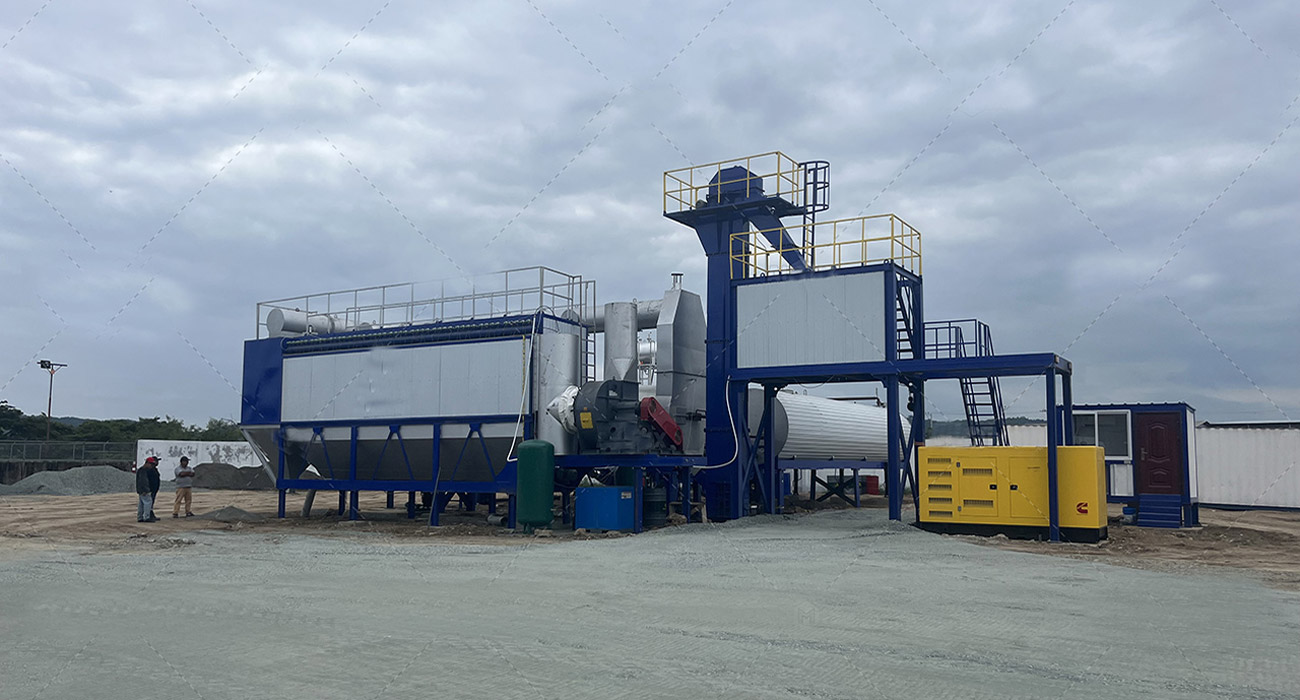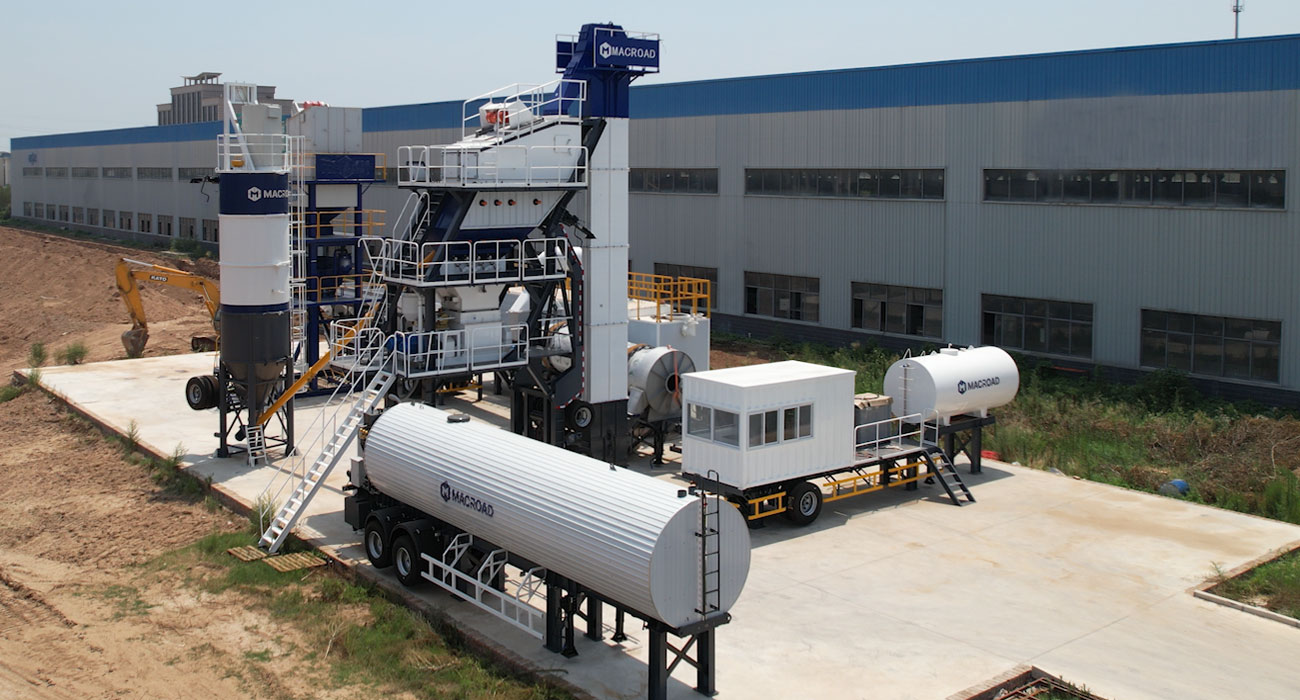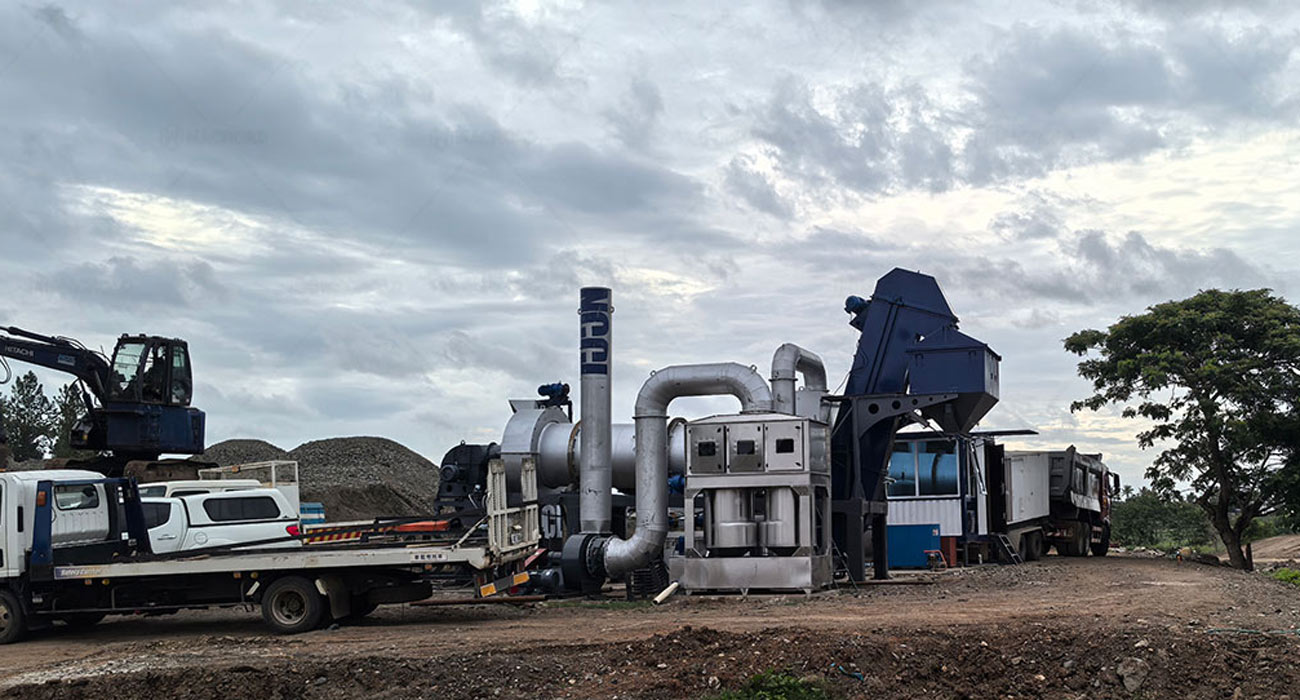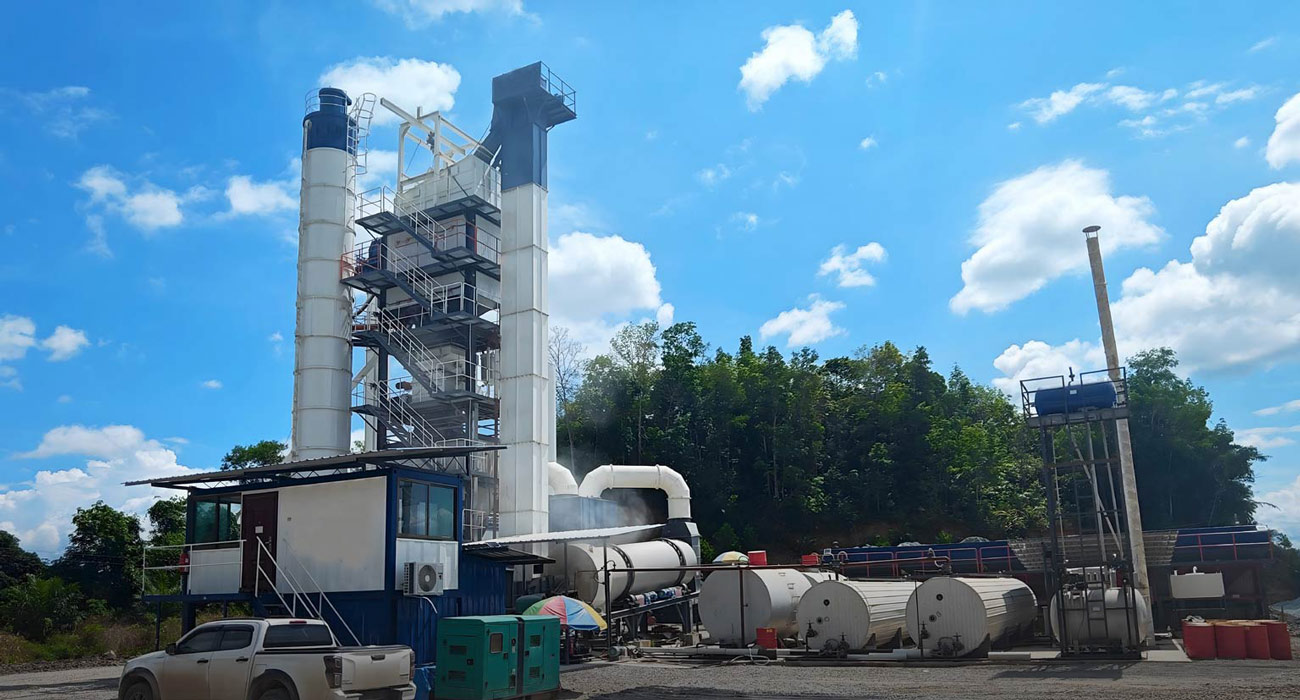When enterprises expand asphalt production capacity for small-to-medium projects, carefully integrating mobile asphalt batch mixing plants, mini asphalt mixing plants, and asphalt emulsification equipment is essential. This strategic approach helps balance investment costs with operational efficiency. Understanding the key factors involved can lead to informed decisions that support growth while optimizing resources.

Assessing Operational Needs
The first critical factor to consider is the specific operational needs of the projects. Different projects often require varying types of asphalt mixes and production capacities. Mobile asphalt batch mixing plant offer portability and flexibility, making them ideal for projects with fluctuating site locations or timelines.
Conversely, mini asphalt mixing plants typically cater to smaller jobs requiring less output but still demand quality asphalt. Understanding the anticipated project scope and asphalt requirements will help determine the right mix of equipment that aligns with production goals. Additionally, asphalt emulsification equipment may be necessary for specific projects that involve cold asphalt applications or enhance performance characteristics. Evaluating these needs upfront ensures that the chosen equipment is appropriate for the range of expected projects.

Evaluating Cost Implications
Investment costs play a significant role in deciding on the integration of various asphalt production technologies. Each type of equipment—whether it’s a mobile asphalt batch mixing plant, mini asphalt mixing plants, or asphalt emulsification equipment—comes with different capital requirements and ongoing operational expenses.
Businesses should conduct a thorough cost analysis, comparing the initial purchase and setup costs, maintenance requirements, and operational efficiencies associated with each type of plant. For example, while mobile asphalt batch mixing plants may have a higher initial cost due to their advanced features, they offer increased flexibility that can save costs on transportation and project delays. Understanding the long-term financial implications of each option will aid enterprises in making cost-effective decisions that enhance overall profitability.

Ensuring Production Efficiency
Production efficiency is crucial for meeting project deadlines and maintaining quality standards. The integration of mobile asphalt batch mixing plants and mini asphalt mixing plants allows companies to adapt production to the specific requirements of each job.
Mobile plants can easily relocate to different sites, minimizing downtime and ensuring asphalt is produced where it is needed. On the other hand, mini asphalt mixing plants provide the speed and efficiency necessary for smaller jobs or quick turnarounds. Additionally, asphalt emulsification equipment can optimize the mixing process, enhancing the overall quality of the asphalt produced. Evaluating how these technologies work together will create a more streamlined production process, ultimately benefiting the enterprise’s output capabilities.

Developing a Scalable Strategy
Finally, developing a scalable strategy is essential for balancing investment costs with operational efficiency. As enterprises expand, they should consider how the integration of mobile asphalt batch mixing plants, mini asphalt mixing plants, and asphalt emulsification equipment can adapt to changing market demands.
A phased approach allows enterprises to gradually scale their capabilities while managing capital risk. Starting with essential equipment and gradually integrating additional technologies as project demands increase ensures that operations remain efficient and financially viable. This scalability also facilitates flexibility in responding to market changes, ensuring that enterprises can take advantage of new opportunities quickly.
Conclusion
In conclusion, when enterprises expand asphalt production capacity for small-to-medium projects, the integration of mobile asphalt batch mixing plants, mini asphalt mixing plants, and asphalt emulsification equipment requires careful consideration of operational needs, cost implications, production efficiency, and scalability. By balancing these factors, businesses can optimize their investment while enhancing their asphalt production capabilities. This strategic approach not only supports immediate project requirements but also positions enterprises for long-term growth and adaptability in a competitive market.